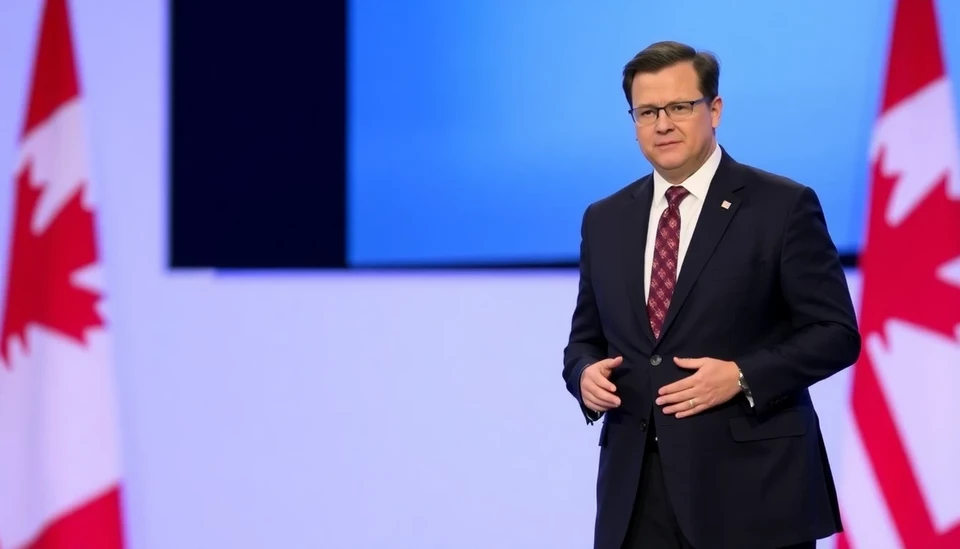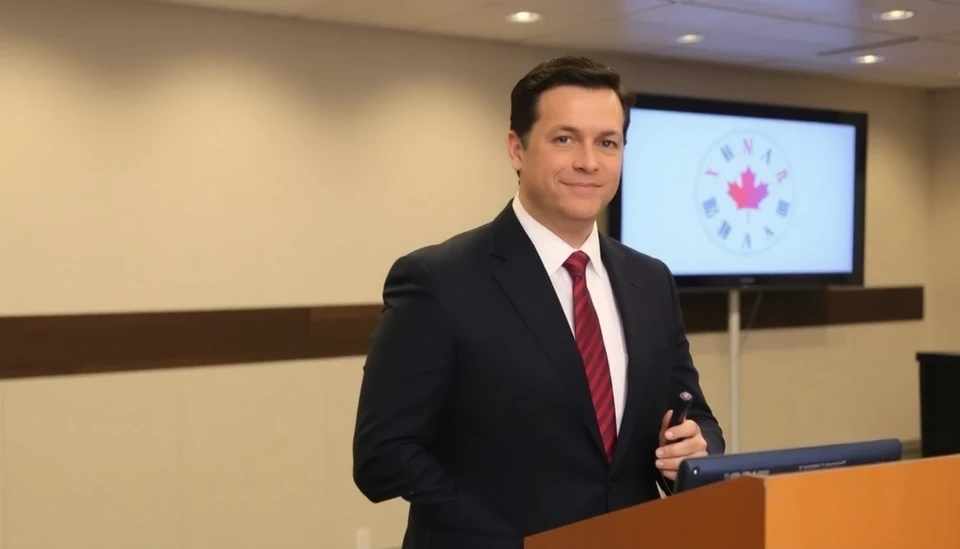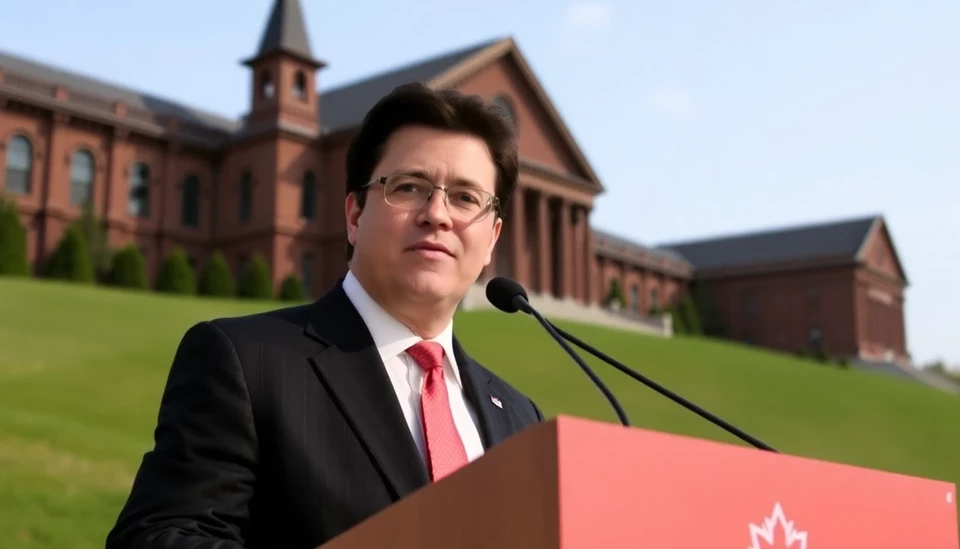
In an eye-opening address, Pierre Poilievre, the leader of Canada's Conservative Party, presented a comprehensive plan aimed at countering the political ramifications of Donald Trump's actions on both sides of the border. During a recent public rally, Poilievre underscored the urgency in confronting the rising tide of populism and political division inspired in part by the former U.S. President.
Highlighted in Poilievre's speech was a deep concern regarding the ongoing implications of Trump's legacy, particularly as Canada prepares for its own elections. Poilievre emphasized that understanding Trump's divisive tactics and the partisan schisms they have created can help shape a more unified and progressive political landscape in Canada. He firmly believes that Canadians do not want to replicate the dysfunction that has characterized American politics in recent years.
The Conservative leader articulated a three-pronged approach focusing on policy reform, grassroots engagement, and fortifying democratic institutions. The central tenet of his strategy lies in promoting economic policies that build rather than divide, aiming to create a sense of shared purpose among Canadians from all walks of life.
One of the pillars of his plan is economic revitalization through innovative legislation aimed at job creation and bolstering small businesses. Poilievre articulated a vision of a prosperous Canada where economic opportunity is available to every citizen, thereby addressing the economic grievances that often lead to populism.
Furthermore, Poilievre called for a reinvigoration of civic education to empower Canadians, especially young voters, with a deeper understanding of their rights and responsibilities. He stresses that a well-informed electorate is essential for the health of democracy and can act as a bulwark against the polarizing narratives that often gain traction during election seasons.
In a bid to strengthen Canada's democratic framework, Poilievre advocates for more transparent political practices, working to ensure that political funding and influence are clearly disclosed. This transparency, he argues, will help rebuild trust between the government and the governed, creating a political environment resistant to the kinds of corruption and cronyism that tarnished Trump's administration.
As Poilievre laid out his vision to a crowd of engaged supporters, the resonance of his message was palpable—an appeal for unity that transcends partisan divides. His call to action aimed at realizing a future where Canadians can engage in constructive discourse, regardless of their political affiliations, stands in stark contrast to the era of increasing polarization.
In closing, Poilievre's address serves as both a warning and a clarion call for a Canadian identity that is strong, rooted in shared values, and resilient against influences that threaten to tear it apart. By positioning himself as a leader dedicated to bipartisan efforts and constructive governance, he hopes to rally Canadians toward a common cause that prioritizes the wellbeing of all citizens over the discord sown by political gamesmanship.
As the political landscape evolves, Poilievre's vision may become pivotal in shaping a new narrative for Canada—one that seeks to harmonize diverse viewpoints and foster an environment where democracy thrives rather than merely survives.
#PierrePoilievre #ConservativePartyCanada #Trump #Politics #Democracy #Canada #Populism #PoliticalReform
Author: Laura Mitchell



